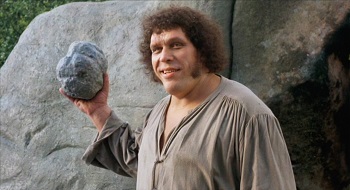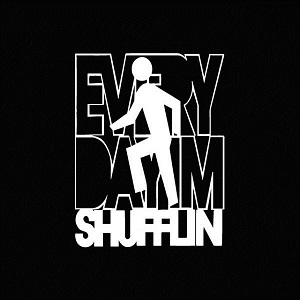[originally published on October 21, 2015 at www.law-dlc.com]
In August, Ryan Adams[1] announced his intentions to release song-by-song and nearly note-for-note cover of Taylor Swift’s “1989” album.[2] He covered every single song and all of the same lyrics, just stripped down and re-recorded as a more guitar-based interpretation.[3] It is a rather audacious project for an artist that is more of an indie musician than a pop star. After the release of his covers album, many people asked me that all-too-common question:
How is that legal? How is that not copyright infringement?




Recent Comments